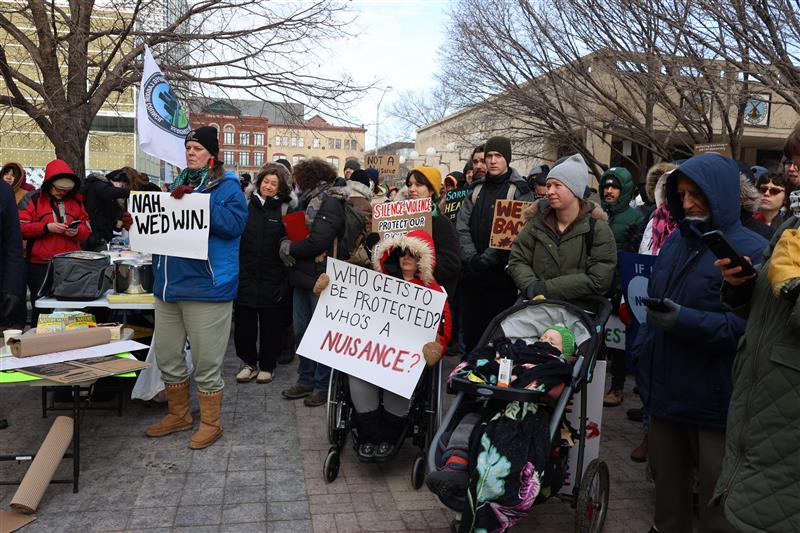Pay inequality between men, women in Manitoba: report

Posted April 28, 2023 3:50 pm.
Last Updated April 28, 2023 6:38 pm.
Pay inequality and discrimination exists in Manitoba. This according to a new report finding women in this province, earning on average, only 71 per cent of what men make.
The report, ‘Tired of Waiting: Rectifying Manitoba’s Pay Gap,’ was published Thursday by the Canadian Centre for Policy Alternatives. Data from 2019 shows the average Manitoba woman earns 71 cents per dollar earned by a man, which is on par with Canada’s average pay gap.
Indigenous and racialized women earn 59 and 58 cents for every dollar a white man earns.
“This is consistent with findings in Canada as well and it is due to a number of factors that can be acted upon by governments,” said Molly McCracken, Project Manager of the report.
Manitoba was the first province to enact a pay equity law back in 1986, however, it hasn’t been updated in three decades. McCracken says Manitoba’s legislation only applies to the public sector, but in Ontario and Quebec it applies to both public and private sectors.
She says the legislation in Manitoba needs to change, including updating Manitoba’s Pay Equity Act and mandating pay transparency.
“Women and racialized workers are more vulnerable to low income and poverty in Manitoba and Canada due to the pay gap, so that is why we need pay equity legislation here in Manitoba that is updated to our current reality so that women and racialized workers can be paid for what their valued in the workplace,” explained McCracken. “It can strengthen our whole workforce if workers are valued at what they can bring to the labour force.”
The report says those who are Indigenous, Black, or people of colour experienced more work loss during the pandemic. Maureen Kilgour from the University of Winnipeg says occupational segregation is very prevalent today. She says women’s work, historically, has always been undervalued.
“It’s pervasive. It’s all-encompassing. It doesn’t disappear with voluntary measures. We need to support legislation that requires employers to address gender inequality at work,” explained Maureen Kilgour, professor at the University of Winnipeg.
“Care work, in health care. Education, early childhood education, cleaning, serving. That’s always been undervalued, so women are still doing a lot of that work. That’s one of the main reasons why we have women and men, by in large, doing different types of work.”
McCracken says raising awareness with reports like these are important to make a change, but she says it’s depressing to see the pay gap so significant in 2023.
“Pay equity is one issue that can be taken to help improve the economic statis of women, racialized women and racialized workers as well.”








